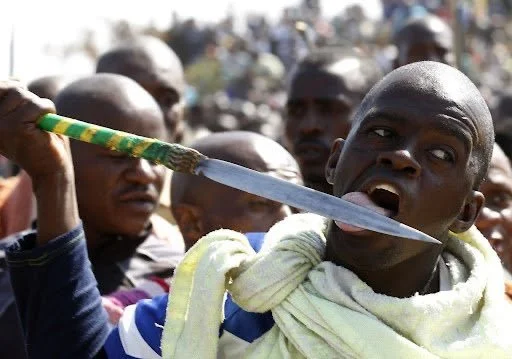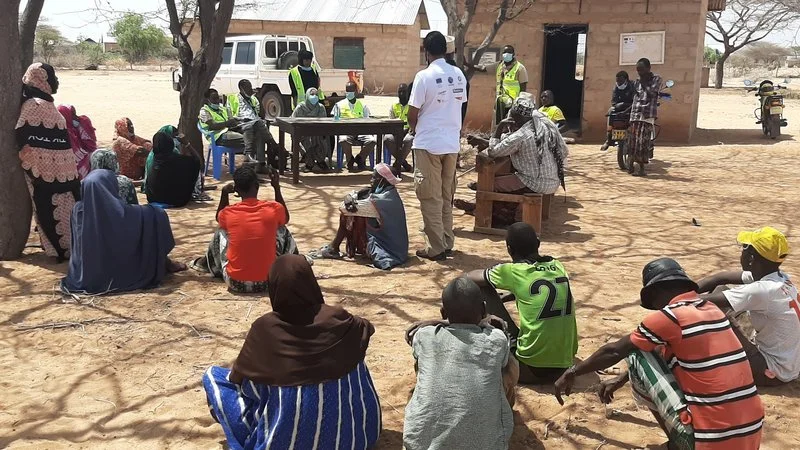In the last few days, the world has witnessed the breaking of International Law and the established norms, including practices of hostage-taking, collective punishment, and indiscriminate bombing. The mass killing of civilians that qualify as genocide and ethnic cleansing as defined by the UN Genocide Convention are egregious violations. This includes reports of civilian casualties and damage to civilian infrastructures, targeting hospitals, schools, and civilian residences, with actions including collective punishment, the use of incendiary weapons, and orders of forced displacement of populations. All of these violations have raised serious questions about the protection of civilian populations and the motives of Member States’ actions that constitute violations of international law.
SHIFTING FUNDING PRACTICES
Build and Share Power: Non-profits and movement leaders have traditionally not been present in rooms where governments and corporations make big structural decisions. This is especially true for black-, indigenous-, and people of color-led organisations, as well as those led by women, young people, and people with disabilities. Funders can help re-balance these inequities. They can achieve this by sharing power with and building power for the social sector, giving more resources directly at the local level to organisations with local leadership and local ownership, and making more robust investments in organizations led by proximate leaders of color. More inclusive decision-making structures and spaces need to be designed.
CHALLENGES TO LOCALIZATION
This article captures the full range of notes and ideas about the challenges to localization, generated by workshop participants during brainstorming and small group discussions. The views and conclusions contained in this article are primarily those of non-USAID participants and should not be interpreted as representing the views, positions, or official policies, either expressed or implied, of the U.S.Government.
Harnessing Africa’s Youth Population For Inclusive Growth
Africa stands at a critical juncture in its history, with a rapidly growing youth population that presents both challenges and opportunities. As the continent grapples with pressing issues such as food security and economic development, it is crucial to harness the potential of this demographic dividend to achieve inclusive growth. By empowering Africa’s youth and creating an enabling environment, we can transform the continent’s food systems and unlock its economic potential.
The Youth Café At The Voluntary National Review-Voluntary Local Review Workshop.
Voluntary National Review is a strategy based on the 2030 Agenda: Member states to "conduct regular and inclusive reviews of progress at the national and sub-national levels, which are country-led and country-driven. Like the 2030 Agenda of participation, The Youth Café strives for global connection, has reached over 72 countries, and is a local and national rope for achieving goals. The Youth Cafés principles are a call to action for governments, civil societies, private and public sectors, bi- and multilateral, and knowledge institutions. To invest in mutual prospects and work in partnership for sustainable development.
The Youth Café Has Been Nominated To The United Nations International Organizing Committee (IOC) Of Global MIL Week 2021
With our own project on media literacy and civic reasoning ongoing, this opportunity means better articulation, support, and involvement of key stakeholders in the process. We also plan to have a media literacy week as well in Kenya, which the experience will then inform of this international planning committee. With the electioneering year approaching, we trust that learning more about digital literacy will impact our attitudes and thought process as we participate civically.







